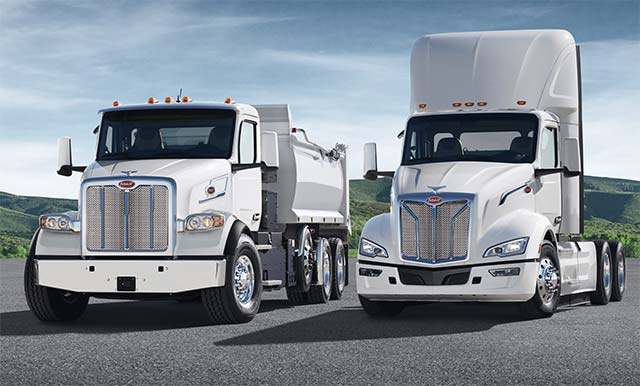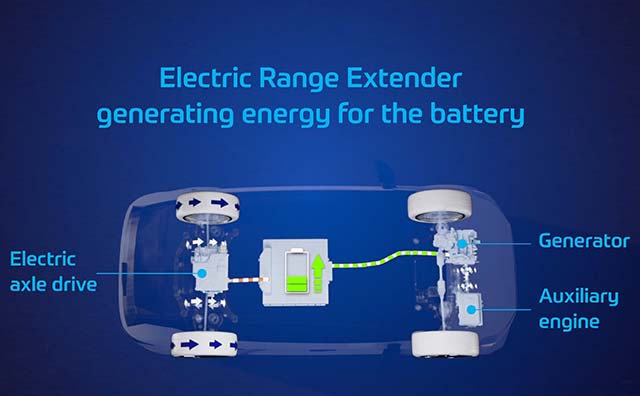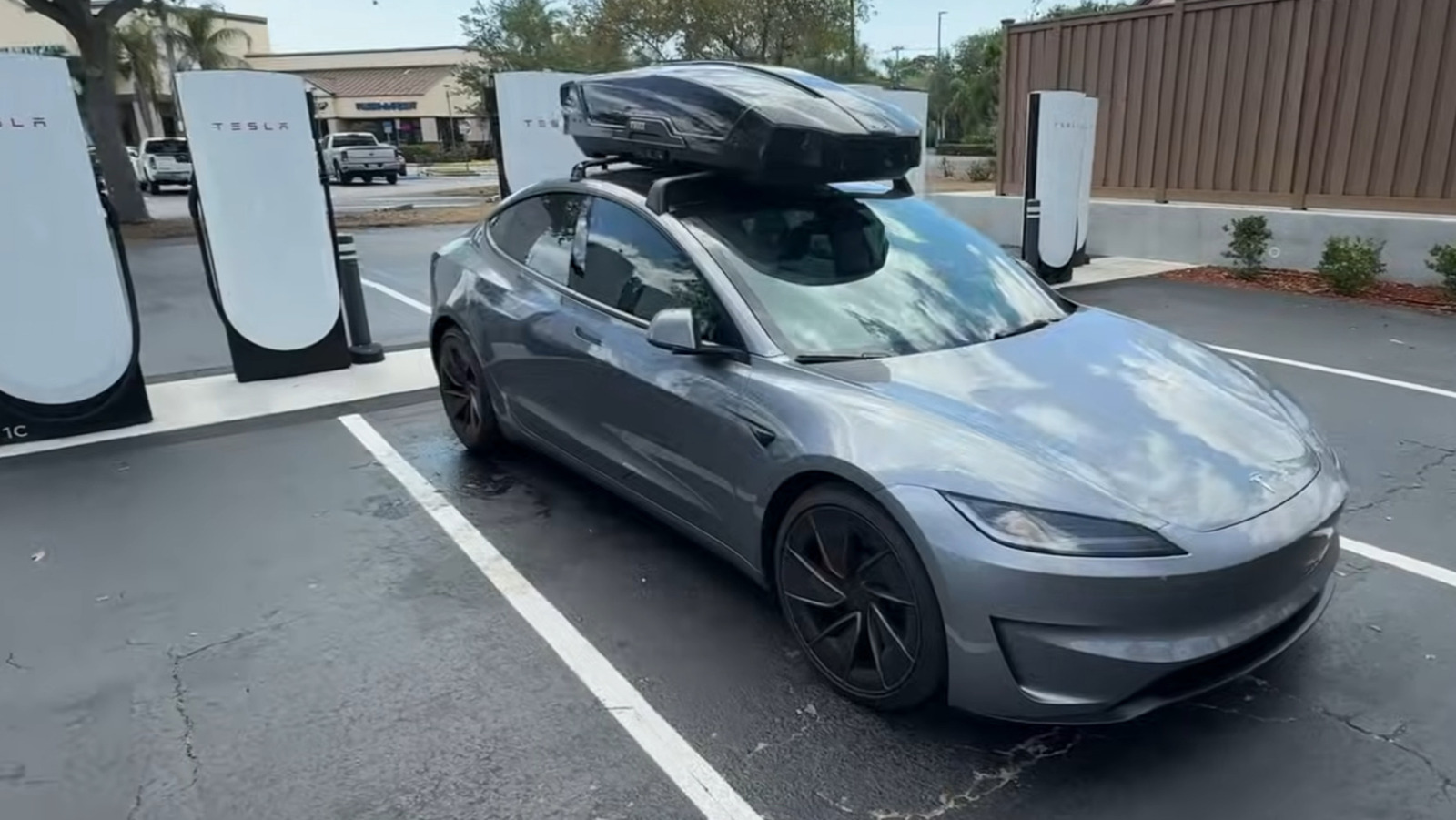House votes to revoke California’s trucking-related EPA waivers
The U.S. House of Representatives voted Wednesday to revoke two trucking-related Environmental Protection Agency waivers granted to California. The post House votes to revoke California’s trucking-related EPA waivers appeared first on FreightWaves.

A congressional push to end two California trucking-related emissions waivers granted by the Environmental Protection Agency passed the U.S. House of Representatives on Wednesday, though California is expected to challenge Congress’ authority to take that step.
The vote in the House was 231-191 to revoke a waiver that permitted California to implement the Advanced Clean Trucks (ACT) rule. The ACT rule would have mandated a road to increasing use of zero-emission vehicles (ZEVs), among other provisions.
In a separate vote, the House voted 225-196 to revoke a waiver that allowed the Low NoX Omnibus rule, which more tightly regulates nitrogen oxide emissions from heavy duty trucks.
The measure now goes to the Senate.
California needs an EPA waiver when it seeks to implement an environmental standard more stringent than the national rule. Although that requirement has been in place since the ’60s, it has become increasingly controversial.
The immediate legal issue with the vote, however, is whether Congress can overrule a waiver, as opposed to a rule. Earlier this year, the General Accounting Office issued an opinion that said Congress does not have the power to overturn a waiver granted to California.
Should the Senate vote to approve the House measure on the California waivers, it is likely to set up a fierce court fight that would be funded on California’s side by a war chest it established just for the purpose of such battles.
What might be seen on the surface as a standoff between the federal government and the Golden State has taken on national significance for two key reasons.
First, 10 other states have agreed to follow the provisions of the ACT rule. California has always had a central role in determining national standards for some environmental rules, because OEMs do not want to build “two cars”: one for the Golden State and one for the rest of the country. Trucks are the same.
That has set off in recent months a wave of pushback by trucking groups in some of those states: Massachusetts, New Jersey, New York, Oregon, Washington, Vermont, Colorado, Maryland, New Mexico and Rhode Island.
The second key reason is focused on the Omnibus rule and the Clean Truck Partnership between the state and engine manufacturers. In that deal from July 2023, California backed off its own NoX rule and accepted the less-stringent federal rules, while the engine manufacturers agreed to accept the standards of the ACT. A question that has arisen is whether that agreement is enforceable should the ACT rule’s waiver disappear due to congressional action.
Two Washington-based trade groups were quick to praise the action by the House of Representatives.
The national impact of the California rules was referenced in a prepared statement issued by the American Trucking Associations after the vote, which said the resolutions will “undo damaging emissions regulations set by California and prevent the Golden State from setting de facto national emissions policies in the future.”
“California should never be given the keys to set policies that impact our interstate supply chains,” ATA President Chris Spear said in the statement.
The Clean Freight Coalition (CFC), a trade group made up of other trucking-focused trade groups like the ATA, issued a similar statement.
“The CFC applauds Speaker Johnson for his leadership and thanks those members of the House who voted to dissolve the waivers for California’s ACT and NOx regulations,” the CFC said. “Truck dealers in ACT states are already suffering from California’s disastrous policies. If these waivers are not rescinded, it is only a matter of time before the entire trucking industry and supply chain suffers serious negative consequences.”
The reference to dealers is tied to multiple reports of retail dealers of heavy-duty trucks pulling back on orders for new vehicles because of the uncertainty regarding the rules they will be facing.
The CFC said it wants the Senate to follow the House’s action, “to complete the rescission of the waivers, restore a single national standard, and prevent further damage to an already struggling trucking industry.”
Complicating the issue is the decision by California, in the waning days of the Biden administration, to drop its request for a waiver that would permit California to go ahead with the Advanced Clean Fleets (ACF) rule. State officials have said the ACF is not dead, but there is nothing to implement without an EPA waiver. For now, ACF is on the shelf.
ACT governs a level of zero-emission vehicles that truck manufacturers would be required to sell into California and by extension the states that have followed Sacramento’s lead. ACF was to govern the types of ZEVs companies needed to hold in their fleets for the next roughly 20 years. The two were designed to work side by side.
But as observers of the California regulatory scene have noted, implementing the ACT without any mandate on buyers to purchase ZEVs creates a host of uncertainties, including the decision by some truck retailers not to stock ZEVs due to the ACT. Their quandary: If nobody is required to buy them, why should they keep them on the lot?
The most immediate rule that was to be part of ACF was the requirement that no new non-ZEV drayage trucks could be registered with the state after the start of 2024. Despite the absence of that mandate, the number of ZEV drayage trucks, at least in Long Beach, has continued to rise.
More articles by John Kingston
Werner CEO Leathers confronts losses, outlines plans to bounce back
2 more charged in death of Louisiana staged truck accident witness
New decline on weak earnings delivers fresh pain to Wabash stock
The post House votes to revoke California’s trucking-related EPA waivers appeared first on FreightWaves.




























































































































































